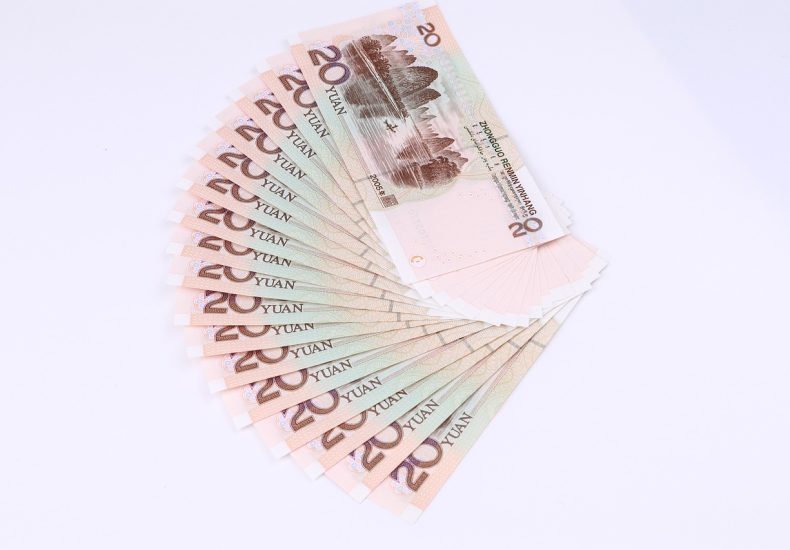
Are there any specific locations or situations where carrying more cash would be necessary?
Here’s a few situations where carrying more cash could come in handy when you’re in China:
🏡 Rural or small town areas: In these parts, people are less likely to use mobile payments or even have a bank card so you’re better off with good old cash.
🛍️ Small shops and street vendors: A lot of mom-and-pop stores still do business primarily with cash. Same goes for the friendly neighborhood food cart.
🚕 Taxis: Despite many cabs taking mobile payments now, some drivers will still only take cash. Don’t get stranded!
🚌 Buses: Cash is still the way to go when paying your bus fare. Sure, some have tap-and-go options now, but you’ll want some yuan on hand just in case.
😎 Tourist spots: Some smaller attractions might only have ticket windows, and you won’t want to miss out on the fun.
🛣️ Highway toll booths: Some tolls still prefer that you pay with cash.
🤕 Health emergencies: When you’re rushing to the hospital, you might not have time to fiddle with your phone. Cash can be a quicker solution.
🌄 Border regions: Think places like Xinjiang or Tibet. In these areas, mobile networks might not be so reliable, so cash is a more certain bet.
💨 Off-peak travel seasons: In the low season, some smaller businesses might be more cash-heavy in their operations.
🎁 Buying souvenirs: Small markets and street stalls are a great way to pick up gifts, and cash will make the transaction smoother.
So, while China is moving towards a cashless society, it’s wise to have some paper notes on you for the situations above. Yeah, it’s a good idea to have a mix of both cash and the knowledge of how to use mobile payments. Your trip will be a lot smoother! Got it? 💯👍
Leave a Reply